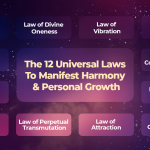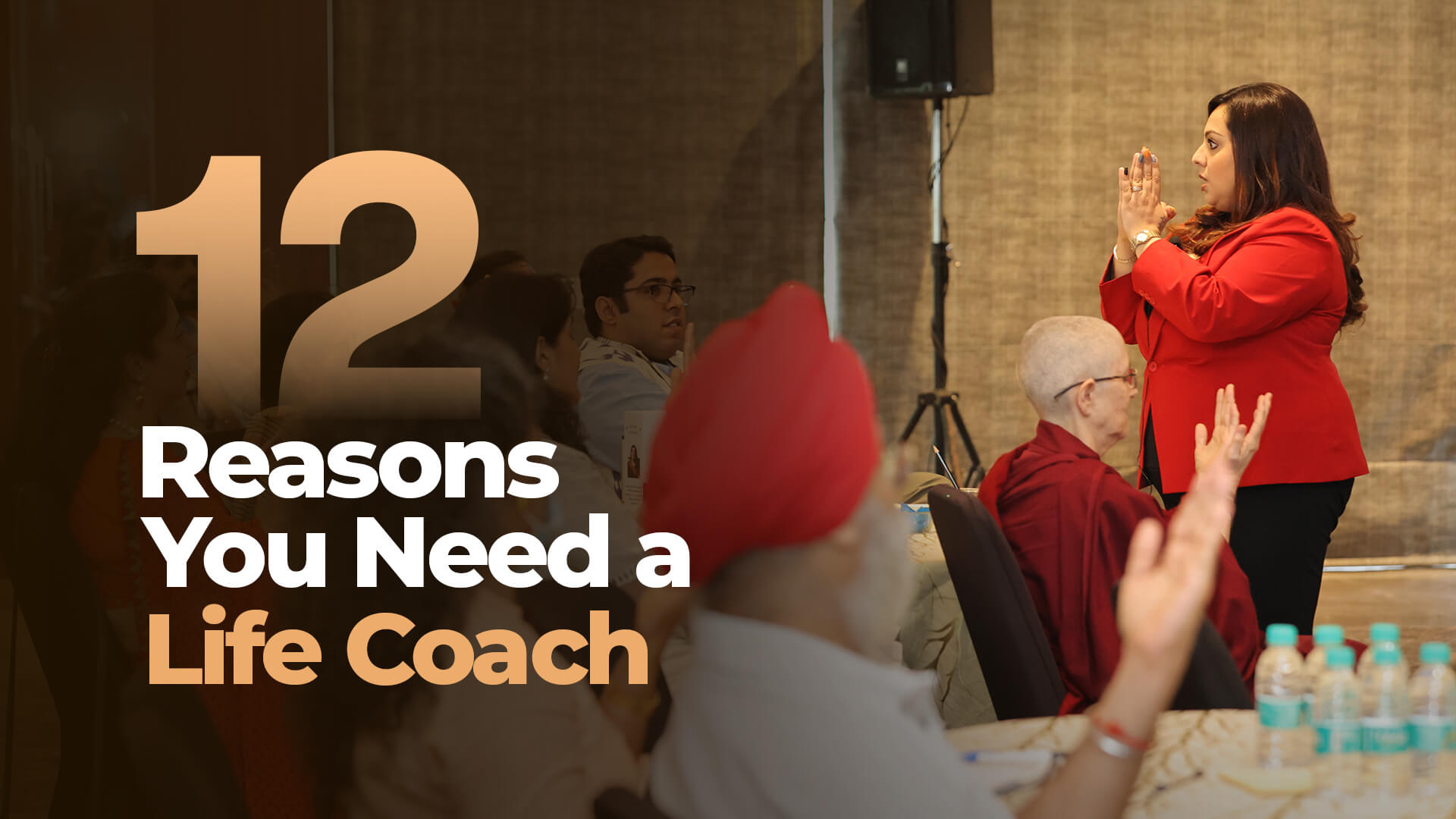Have you ever found yourself in a situation where you had to make a tough decision, but you just couldn’t seem to figure out what to do? Maybe you’re trying to decide whether to quit your job and pursue your passion or perhaps you’re struggling to decide where to go on your next vacation. Whatever the decision may be, it can be overwhelming and stressful. That’s where a life coach comes in.
Have you ever considered working with a life coach to help you navigate those tough choices and find the clarity and confidence you need?
What is a Life Coach?
A life coach is a trained professional who provides guidance and support to help individuals achieve their personal and professional goals. Unlike therapists who focus on mental health diagnoses and treatment, life coaches work with healthy individuals who are looking to improve specific areas of their lives. Through a collaborative approach, life coaches can help you:
-
Identify Your Values and Priorities
-
Develop Self-Awareness
-
Set SMART Goals
-
Overcome Decision Fatigue
-
Develop Effective Decision-Making Frameworks
-
Challenge Limiting Beliefs
-
Develop Accountability
Clarifying what’s truly important to you serves as a compass for decision-making. A life coach can guide you through self-reflection exercises to uncover your core values and align your choices with those values.
Increased self-awareness allows you to recognize your strengths, weaknesses, biases, and limiting beliefs that might be influencing your decisions. A life coach can help you gain a deeper understanding of yourself and how these factors play a role in your choices.
Specific, Measurable, Achievable, Relevant, and Time-bound (SMART) goals provide a clear roadmap for decision-making. A life coach can assist you in setting SMART goals and developing an action plan to achieve them.
The constant barrage of choices we face daily can lead to decision fatigue, making it difficult to make clear choices. A life coach can teach you strategies to manage decision fatigue and approach decisions with a renewed sense of focus.
Various decision-making frameworks exist, such as a cost-benefit analysis or a pros and cons list. A life coach can help you identify the most appropriate framework for a particular decision and guide you through its application.
Negative self-beliefs and fear of failure can often hold us back from making the choices we truly desire. A life coach can help you identify and challenge these limiting beliefs, empowering you to make decisions with greater confidence.
Having someone hold you accountable for your goals can significantly increase your chances of success. A life coach can provide a supportive space to discuss your progress, address challenges, and stay on track with your decisions.
4 Prime Benefits of Working With a Life Coach
Studies have shown that life coaching can lead to a number of positive outcomes, including:
1. Increased clarity and confidence in decision-making
Having a clear understanding of the situation is crucial when making decisions. It helps to build confidence and make informed choices. This way, you can ensure that you are making the best possible decision based on the available information.
2. Improved goal achievement
If you’re looking to boost your goal achievement, there are several steps you can take to increase your chances of success. One important strategy is to set specific and measurable goals, so you can track your progress and stay motivated.
Additionally, it can be helpful to break down larger goals into smaller, more manageable tasks. Finally, finding an accountability partner or support group can help you stay committed and on track.
3. Reduced stress and anxiety
If you’ve been struggling to achieve your goals, you might be wondering what you can do to improve your chances of success. The good news is that there are proven strategies you can use to increase your goal achievement. By implementing these techniques, you can stay motivated, overcome obstacles, and ultimately reach your desired outcomes.
4. Enhanced self-awareness and self-esteem
The term “enhanced self-awareness and self-esteem” refers to an individual’s improved ability to recognize and understand their own thoughts, emotions, and behaviors, as well as their increased confidence in their own abilities and worth as a person.
This can be achieved through various means, such as therapy, self-reflection, and personal growth practices. By developing a stronger sense of self-awareness and self-esteem, individuals can improve their overall well-being and ability to navigate life’s challenges with greater resilience and positivity.
Finding the Right Life Coach for You
With the growing popularity of life coaching, there are many qualified professionals available. Here are some tips for finding the right life coach for you:
-
Consider your specific needs and goals
-
Research potential coaches and read testimonials
-
Schedule an initial consultation
Do you need help with career decisions, personal relationships, or overall life balance? A coach who specializes in your area of interest can provide more targeted guidance.
Look for coaches with relevant certifications and experience. Reading testimonials from past clients can give you a sense of the coach’s style and effectiveness.
Most life coaches offer a free initial consultation to discuss your goals and see if you’re a good fit. This is an opportunity to ask questions and get a feel for the coach’s personality and approach.
Life coaching is not a magic bullet, but it can be a powerful tool for improving your decision-making skills and achieving your goals. If you’re feeling stuck or overwhelmed by choices, consider partnering with a life coach to unlock your full potential.
Are you struggling with decision-making? Have you considered working with a life coach? Share your thoughts and experiences in the comments section below!
FAQs
Q: How much does life coaching cost?
A: Life coaching fees can vary depending on the coach’s experience, location, and the length of the coaching program. However, many coaches offer flexible packages and payment options.
Q: How long does life coaching typically last?
A: The duration of life coaching can vary depending on your individual needs and goals. Some people work with a coach for a few months, while others choose to continue coaching for a longer period.
Q: Is life coaching confidential?
A: Yes, life coaching sessions are typically confidential. Ethical life coaches adhere to a strict code of ethics that protects your privacy.
Q: What if I don’t “click” with my life coach?
A: The coach-client relationship is an important factor in the success of life coaching. If you don’t feel comfortable or have a sense of rapport with your coach, it’s perfectly okay to find another coach who is a better fit for you.
Q: Are there any alternatives to life coaching?
A: If life coaching is not within your budget or you prefer a self-directed approach, there are alternative resources available. Consider reading self-help books on decision-making, attending workshops on goal setting, or joining online communities focused on personal development.
The Final Note: Empowering Yourself Through Effective Decision-Making
Life is filled with choices, both big and small. While some decisions come naturally, others can leave us feeling paralyzed by indecision. By developing a strong foundation for decision-making and learning effective strategies, you can approach challenges with greater confidence and clarity. Life coaching offers a valuable resource to support you on this journey of self-discovery and empowerment.
Remember, the key to effective decision-making lies not in always making the “right” choice, but in making informed choices that align with your values and goals.
With a commitment to self-awareness, a willingness to learn, and perhaps the guidance of a life coach, you can navigate the complexities of life with greater confidence and purpose.
Reach Dr. Chandni’s support team at +918800006786 and book an appointment.










